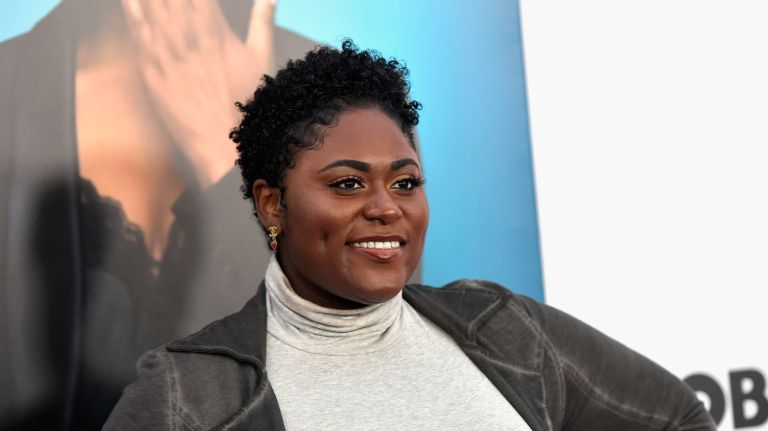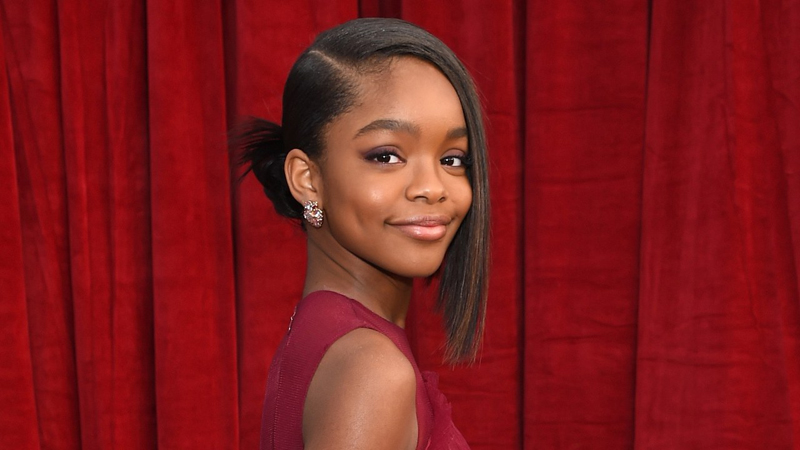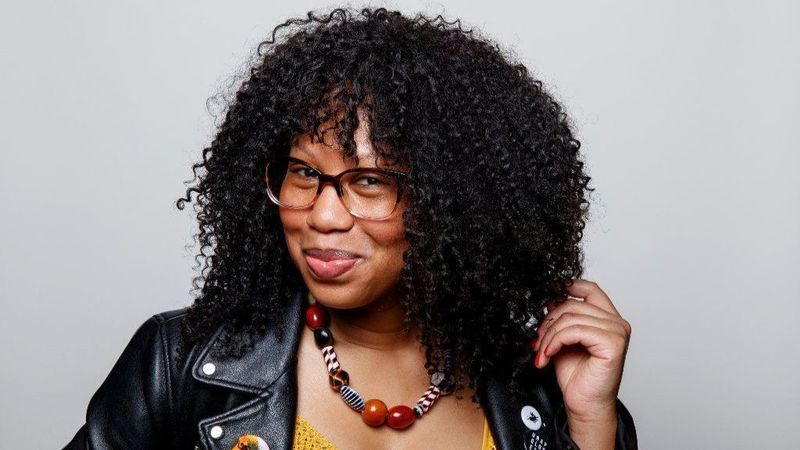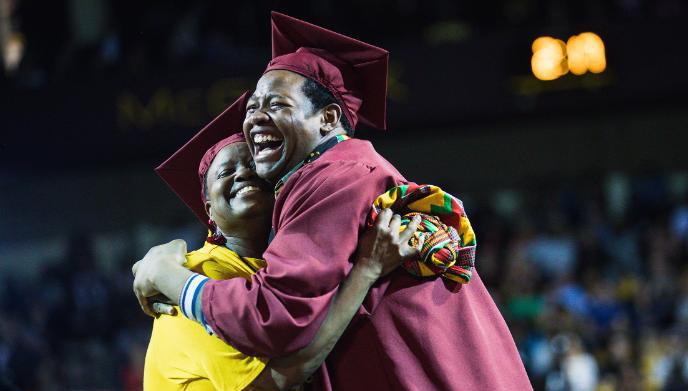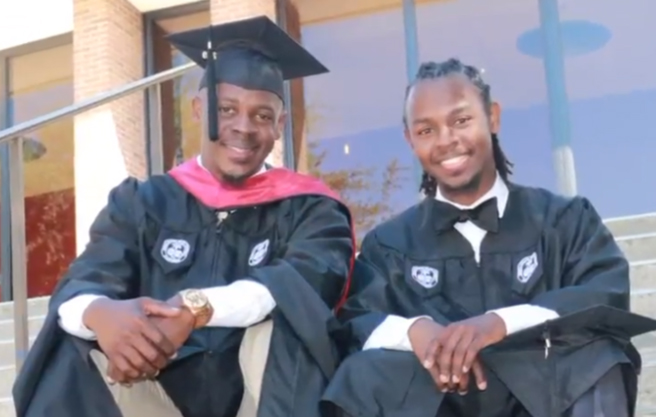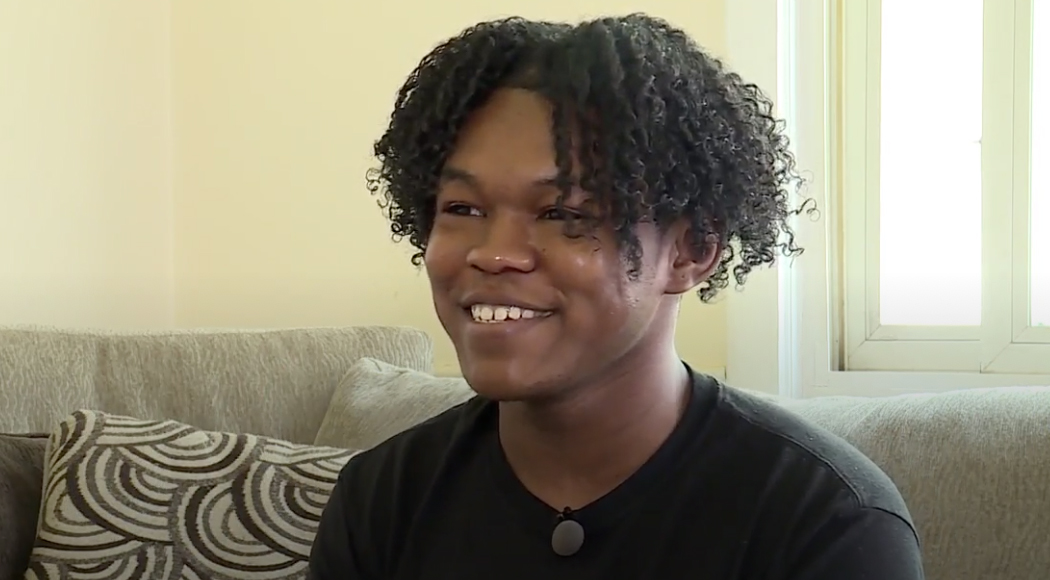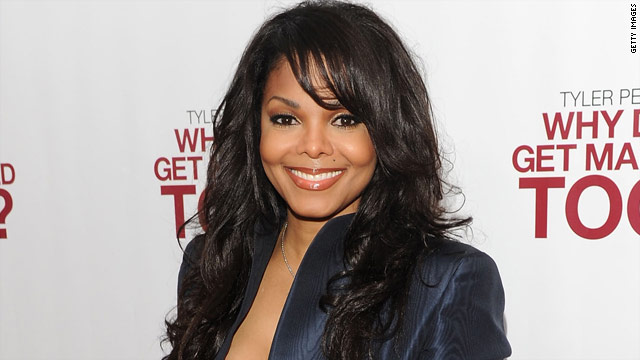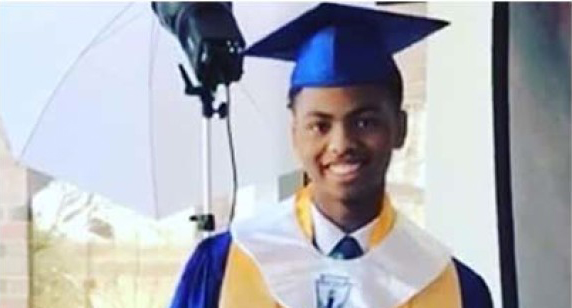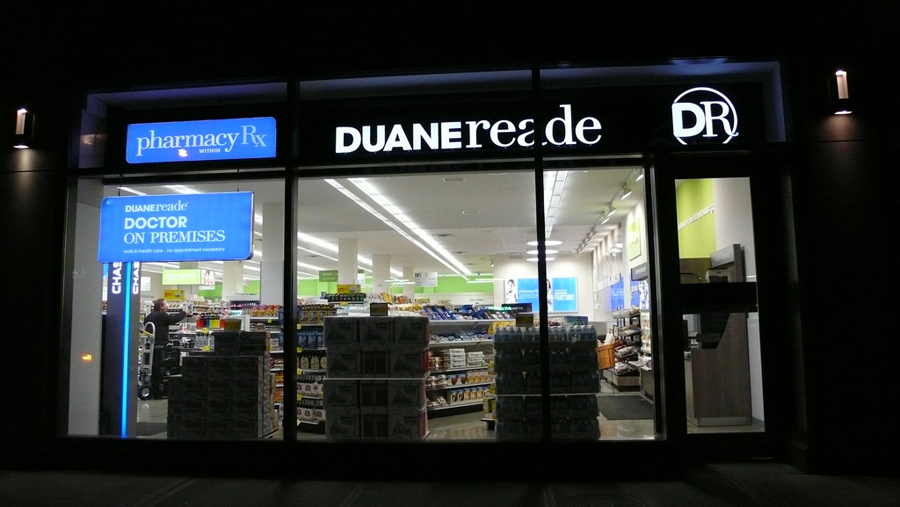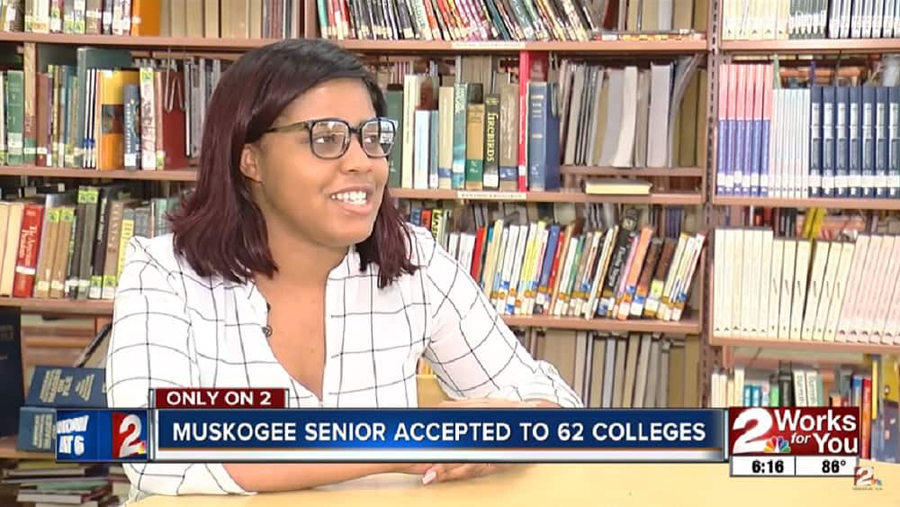Everything about Danielle Brooks is unapologetic. From her powerful political points onscreen and online to her size-inclusive fashion collaborations, she’s letting the world know she’s here to stay.
But society doesn’t always embrace women like Brooks ― curvy, dark skin, natural 4b hair. The “Orange Is the New Black” actress has known that since she was young, searching hard for any semblance of herself onscreen. Now, the South Carolinian is loud and proud about being a force for the kind of representation little girls ― and grown women ― need to see.
Though her legacy is just beginning, Brooks is a black history maker in her own right, paving the way for those like her to make their voices heard. This is especially evident as she steps into her new path as a solo artist with her first single “Black Woman,” released on the first day of Black History Month.
“You want my thighs, you want my stride but not this melanin,” sings Brooks, who already has a Grammy for her 2016 “The Color Purple” performance on Broadway. She doesn’t sugarcoat that black women’s features and styles are seen as valuable, just not on black women themselves.
HuffPost spoke to Brooks as a part of our “We Built This” series for Black History Month. She discussed finding her voice, fighting for more expansive representation of black women and the giants who fuel her.
What have you built?
What have I built? I guess I would say I’m still building, so I can’t say something’s been complete. I don’t feel like what I’ve offered the world is complete yet, and I think I’m still figuring out which blocks I need to build my platform, my empire, what my legacy will be. I’m still learning that. But what I do know for sure is the bricks that I have laid so far are bricks of a woman being honest in her skin and truthful to who she is, and someone who is trying to be that so that younger girls and grown-ass women and men, whoever you are, will do the same.
And that’s really what I think my goal in life is, to remind people of that. And to operate out of love. Do what you love and operate out of love, are the two things that I’m trying to bring.
Growing up in South Carolina as a little girl, how did you see yourself reflected and represented in media?
I did not see myself enough. I think I tried to see myself in other women. Like definitely the Cicely Tysons and the Viola Davises and the Queen Latifahs, they were there. But I never saw someone that was really in their teens or early 20s doing what I wanted to do. So the only person that was the closest was Countess Vaughn. I was obsessed with her growing up. And there was one other lady that I was really into, her name is slipping me, but she was on Eve’s show playing the best friend.
And I think that was always the thing. They were always playing the best friend. The sidekick. And for me, I was always curious: Why can’t we be the leads? Why can’t we be the love interest? Why can’t we be the one on the forefront? And so, yeah, I didn’t get to see that and it’s really weird when this shift in your brain happens when you’re like, “Oh, I get to be that. I get to actually be that person that I wanted to see.” With the natural hair, with being a size 16, with being dark-skinned. I think those are the things that I was looking for and longing to see. And now I get to be that.
And not only me, you now have a plethora of women of all shades, sizes, hair types that get to be represented and it’s really beautiful.
We’ve seen you evolve since the first season of “Orange Is the New Black,” and now it’s in the final season. What do you think starring on this show has taught you?
That my voice is loud and it’s bold and I should use it. Number one, use it for good. When I first started on “Orange Is the New Black,” I definitely was kind of in fear of using my voice to … sorry I’m stumbling on my words. When I first started “Orange,” I was really nervous to use my voice ― clearly as I was just stumbling over my words ― but being with those women, being under Jenji Kohan, getting to work closely with women like Laverne Cox and Uzo [Aduba], and Taylor Schilling, I got to surround myself with people who were unafraid to use their voice. And that really inspired me to be able to put my voice on a mic and use it for good.
And I guess for me the thing that has motivated me the most is my own story. And that’s a woman who is curvy and dark-skinned, who grew up in the South with natural hair, and being OK with that when the world tells you that you might not be enough from what we see every day. What we see in media, what we see in magazines and TV. When you don’t see yourself represented enough.
And so that’s been my goal, is to make sure that little black girls get seen and have a role model for whatever they want to do in life.
A lot of the world was introduced to you in “Orange Is the New Black,” and we have experienced you in various levels from your involvement in fashion, and now we will experience your voice. What is the message that you’re trying to say with your art?
Overall, that every person on this Earth, their story is valid. That is number one. And I think that’s really what I’m trying to tell the world is to listen. You might not understand it, but listen. And I try to do that through my acting, through my music, through fashion, there’s a place for all of us. And I think that’s my main goal.
I want to talk about your new single. When I heard it, I was really blown away ― not only by your voice but by the message because it’s something that a lot of us know, we all know, and we all experience. But it isn’t said enough from the mainstream, from power players: “You want my thighs, you want my stride, but not this melanin.” What made you decide to use your voice like this?
I truly believe if you don’t use your gift, it’s going to go away. I think God gives you them for a reason, and if you don’t, he’s going to get rid of it. So for me, I was like, “Danielle, you better use it. And use it to serve.” And so my way of doing that was starting out with this song, “Black Woman,” and starting with us. I think I have heard a lot of black girl anthems but I felt what was lacking was … I felt like most of them had filters. I’d never really heard the nitty-gritty of those things that we struggle with every day. And throwing them at the world and say, “Hey. Can you hear my story? Can you see me?” And all of me. Not just physically but my mind, my spirit, my soul, my heart, can you feel that? Do you know what we experience every day? Do you care to know what we experience by the way in which you walk in your life?
So that’s how this song came about was my way of saying, “OK. If I was to tell the world how I felt as a black woman without any filter, this is what I would say.” And it’s in no way trying to diss anyone or ostracize anyone, it’s just plain and simple saying, “I am a black woman and this is how I feel. This is what I experience. And I hope you can hear that.”
And that’s just what we were briefly talking about, how much it takes to, especially as the world knows you as a specific kind of artist, to kind of channel your energy into this different kind of artistry. What was the process for you in getting ready to give yourself to the world in this form?
I still don’t think I know, Taryn. I still think I’m figuring that out. Like, this … I have a few more interviews today. This is my second interview speaking as an artist, as a musician or a singer in that way. So I think it’s going to take some time. I was lucky enough to do “The Color Purple” on Broadway, which was a musical, which grateful I have a Grammy already. But it’s still so different because I am now stepping out as a solo artist in a way.
And I don’t know. And I know I’m going to figure it out as I go along. So, as of right now, I’m just taking it step by step.
That’s so fair. And so honest. And I think what a lot of us need to hear more of. And I think that’s why so many of your fans really praise you for your realness. As you were saying, the world is so rooting against you, so rooting against us as black women, how do you sustain that, especially being in the public eye?
I have to center myself. That’s really what it is. I’m just going to be honest, I am a self-help book queen. I’m always trying to find joy. Because I feel like life is so short as we see with so many people in this business who don’t make it, or commit suicide, or whatever that is. For me, I’m longing to find that joy in a world that still will tell me that I’m not important enough.
So I look to God, I look to my friends, my family, and I keep myself grounded in what is real versus all this hoo-ha, all this noise, that is social media. And all the noise that is TV and all of that. So yeah, that’s how I kind of find that joy.
How do you see it playing out in Hollywood as far as the perceived biases against black women, especially dark-skinned, curvy black women?
I mean, really it’s only a handful of us that you have, Gabourey Sidibe is my girl, Amber Riley is my girl, myself. There’s a handful of us … but juxtaposed against the plethora of skinny white women out here or skinny black women out here, we’re not seeing enough. And especially now I believe the number’s gone up, it’s 68 percent of women are plus-size. And that’s over half of the world that are your mothers or your aunts or your nieces or your sisters or your girlfriends or your wives. We’re not seeing them on TV.
And we have stories to tell, too. We’re beautiful. We deserve to be seen as such and not made as jokes or second best. And so I’m hoping that we can definitely move forward in that department.
Who are the black history makers, the ancestors, the elders, whom you look to to inspire you to continue the work that you do?
The first off my brain is Tarana Burke. I think she’s pretty fierce. And just starting the movement that she has started for us as women, for us as black women. I am a huge fan of Queen Latifah as well. I think she is super-fierce because she has been able to excel in every aspect: music and having messages in her music to acting to clothes to having her own talk show. I just admire the steps that she’s taken to get to where she is.
I mean the list could go on. Michelle Obama. I think it’s weird sometimes when we talk about the women that have inspired us but we always reach so far back. But why not celebrate the women that are in front of us that are our generation? So for me it’s the Issa Raes, it’s the Janelle Monáes. I think they are fierce, incredible women that are making a huge impact. Even Gabourey Sidibe who’s directing now. And I just want to celebrate them too, and always remind them that they’re an inspiration to me too whether they’re in the same age category or not, you know?
Original article was published here.

